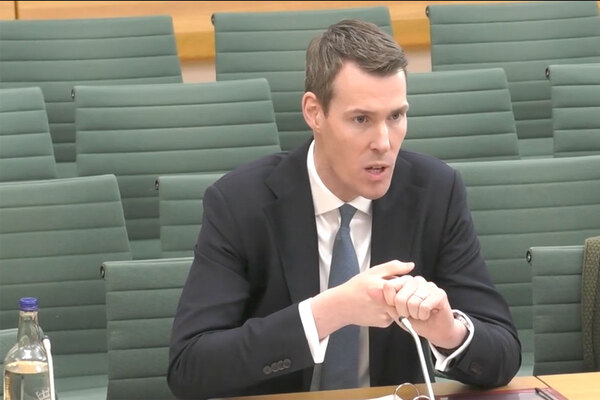
Andrew Cowan and Gemma Bell are partners at Devonshires
Rethinking the shared ownership dynamic
Andrew Cowan and Gemma Bell consider the need for the dynamic between registered providers and shared owners to change
Shared ownership is an evolving product. From its roots as a means of helping those on housing waiting lists who were unlikely to receive a nomination, it has grown into a sector-based tenure in its own right; and a core offering for several social housing providers.
With the withdrawal of Help to Buy, it could once again become the tenure of choice for those who aspire to homeownership, but have insufficient income and/or savings to purchase outright.
As the use of the tenure grows, and the client base changes, so the expectation of what shared ownership should deliver for its residents will adapt. Linked to this are basic questions: why should registered providers (RPs) be the sole providers of shared ownership and what are and should be their USP for this status?
Historically, providers have regarded shared ownership as a useful product for generating cross-subsidy for the development of rented housing. In the main, the provider’s responsibilities essentially ended upon the sale of the first tranche to the shared owner.
However, there have been two key changes which may create a paradigm shift in sector thinking. First, changes to the Right to Shared Ownership have altered this dynamic, with responsibility for repairs now sitting with the landlord (under new form leases) for the first 10 years.
Upcoming proposed consumer regulation changes will also impact the relationship between providers and shared owners materially, because many of the Tenant Satisfaction Measures (TSMs) and associated reporting requirements will also apply to shared owners unless they have staircased fully.
“Providing any subsidy back into shared ownership can seem at odds with the charitable status most of this class of RPs retain, and potentially amount to unauthorised private benefit to non-charitable beneficiaries”
Similarly, the consultation on the changes to the Consumer Standards makes it explicit that references to “tenants” include shared owners unless stated otherwise. This means that for those RPs with a significant exposure to shared ownership among a wider social housing asset base, the regulatory burden attached to shared ownership could skew their regulatory gradings.
This outcome is to be expected, not least because the expectations of shared-ownership consumers are changing without any concerted sectoral action about how this change will be managed, both from a reputational and market perspective.
Both will be important if providers wish to continue to rely on the popularity of the product and, through this, the sales and other income generated from it. Service charges are also likely to come under increased scrutiny where shared owners are being asked to comment on their overall levels of satisfaction.
Linked to this is the uneasy relationship between the charitable status of most RPs and the shared-ownership product. It has been recognised for some time that the provision of shared ownership can be deemed to be charitable where a shared owner could not otherwise afford to house themselves appropriately in the local market.
Providers have been able to adopt policies and procedures to satisfy themselves on this basis on first-tranche disposal. However, before even considering the rising cost of ownership (and linked to this, the level of income required by an applicant for a shared-ownership property), recent issues such as building safety, fire remediation works and the recovery of associated costs for shared owners, as well as shared-ownership rent caps, have placed a strain on the level of comfort providers can have in relation to compliance with charity law.
“Upcoming proposed consumer regulation changes will also impact the relationship between providers and shared owners materially, because many of the Tenant Satisfaction Measures and associated reporting requirements will also apply to shared owners unless they have staircased fully”
Most not-for-profit providers have a core charitable mission of providing homes for the most-vulnerable people in our society. This means that providing any subsidy back into shared ownership (as opposed to from it) can seem at odds with the charitable status most of this class of RPs retain, and potentially amount to unauthorised private benefit to non-charitable beneficiaries.
With the cost of living crisis, many providers are required to look at their policies around reverse staircasing. Again, this can lead to tension, with charitable providers being asked to provide financial support to individuals who may or may not qualify as charitable beneficiaries.
This will reflect whether RPs want to enter the territory of being a safety net for residents whose financial circumstances will change over time, but where, for many, they are unlikely to be able to purchase their home outright. Equally, that safety net may be a USP as to why RPs are the sole providers of the shared-ownership product.
Finally, if the use of the product is to grow, the lack of private finance, which can provide RPs with long-term access to funding, remains an issue. Without this, there will be inevitable limits to the exposure RPs will want to take.
Andrew Cowan and Gemma Bell, partners at Devonshires
Sign up for our daily newsletter
Already have an account? Click here to manage your newsletters












